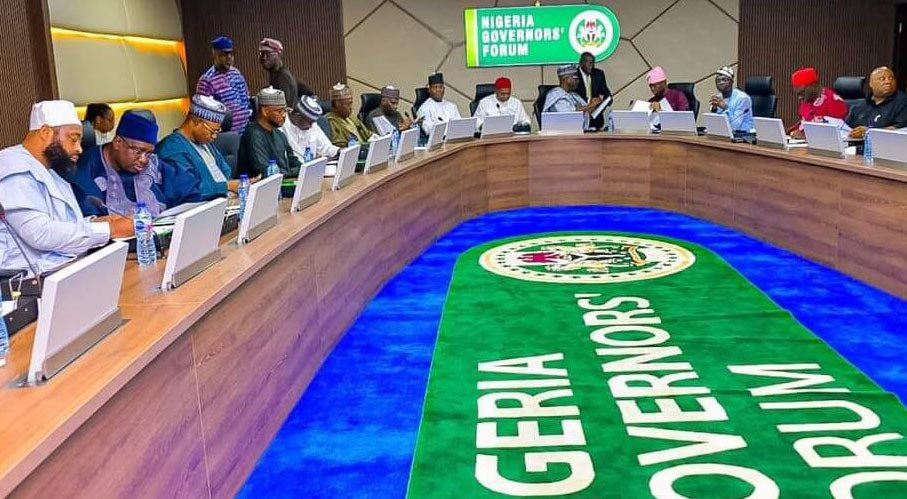In a concerning revelation, financial autonomy for the legislative arm of government in Nigerian states remains a contentious issue, with at least 31 governors yet to fully implement it.
Currently, only five states—Lagos, Delta, Plateau, Oyo, and Nasarawa—have managed to grant a semblance of full financial independence to their Houses of Assembly.
Partial autonomy has been extended to twelve other states, namely: Adamawa, Akwa Ibom, Benue, Borno, Cross River, Enugu, Kogi, Kwara, Bauchi, Ogun, Osun, and Rivers.
Tragically, there remain states with no financial autonomy for their legislative arms. These include Ondo, Katsina, Gombe, Taraba, Yobe, Ekiti, Abia, and Imo, along with Bayelsa, Anambra, Ebonyi, Niger, Bauchi, Kebbi, Sokoto, Zamfara, Kano, Jigawa, and Kaduna.
The situation has led to nationwide unrest as members of the Parliamentary Staff Association of Nigeria (PASAN) initiated a countrywide industrial action last week. Their action follows the expiration of the ultimatum given for the full implementation of financial autonomy by state Assemblies across the country.
Gbenga Oluwajuyigbe, Chairman of Ekiti State PASAN, emphasized the importance of financial autonomy for both the National and State Assemblies. While the National Assembly has enjoyed full autonomy for the past decade, the situation differs significantly at the state level.
Compliance with autonomy can be categorized into three levels: partial implementation, full implementation, and non-compliance. Full financial autonomy, as outlined in Section 121 of the 1999 Constitution, involves placing legislative allocations in the first line charge. Partial implementation signifies that salaries are still managed by the executive, which is the case in some states.
National President of PASAN, Usman Mohammed, reaffirmed that Lagos and Plateau already have full autonomy, and Jigawa is gradually moving in the right direction. He emphasized that the Constitution clearly grants autonomy to the state legislature under Section 121, encompassing the entire fund meant for the state legislature and the Judiciary, without specifying partial implementation. The call remains for all states to fully implement this constitutional provision to ensure financial autonomy for their legislative arms.
